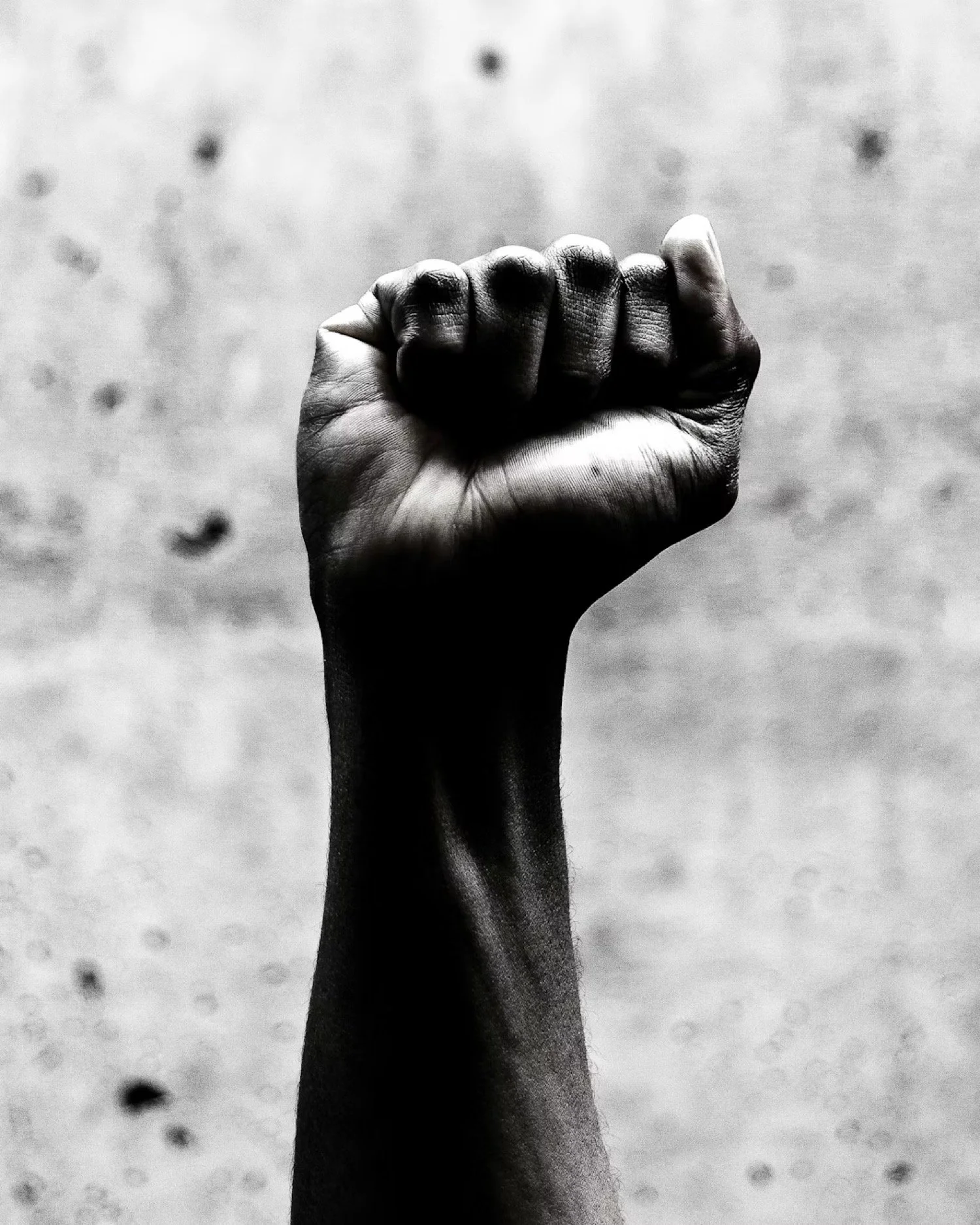Readings for today: Esther 6-10
My favorite parable of Jesus is the one where He talks about the etiquette when one receives an invitation to attend a great feast. Don’t take the place of highest honor when you enter the room lest someone greater than you arrive and you be asked to move down the table to your shame. Instead, take the place of lowest honor and let the master raise you up. Let the Master raise you up. This has been one of my life verses for a long time now. Rather than striving for position or influence or authority, I have found much greater joy and fulfillment when Jesus Himself raises me up. Rather than focus on titles or degrees or compare myself with others, I have found much greater contentment and peace in simply offering my life in service to my Master and letting Him dictate where I go and what I do.
Mordecai is a great example of what Jesus is talking about. When you read the Book of Esther, you never get the sense that he schemes for position. You never get the sense that he strives against Haman. You never get the sense that he’s interested in achieving any particular power or authority. He simply remains faithful. He is faithful to honor only God even though it put him at great risk. He is faithful to save the life of the king from a conspiracy even though he could just as easily let it go. He is faithful to advise and serve Esther when she becomes the wife and queen of a pagan king. And because of his faithfulness, God raises him up to the second most powerful position in the empire. God uses him and Esther to deliver His people from genocide. God grants him great favor and authority and position and wealth because He knows Mordecai is humble enough to handle it and not let it go to his head.
As Americans, we struggle with contentment. It’s the reason so many feel anxious. We are always striving. Striving for more success. Striving to make more money. Striving for greater position and power and influence. We play the comparison game all the time. We compare ourselves with what we see on social media. Compare ourselves to our neighbors and friends. Compare ourselves to our co-workers. And we rarely measure up. At least in our own minds. So we redouble our efforts. We work harder. We push harder. We try harder. But even when we are successful and make it to the top, we still feel like we’ve fallen short. It’s never enough. God offers us a better way. Trust in Him. Place your life in His hands and let Him raise you up. Fix your eyes on Jesus rather than on those around you and you will experience deep contentment and peace. This is His promise.
Readings for tomorrow: Malachi 1-4, Psalms 50




